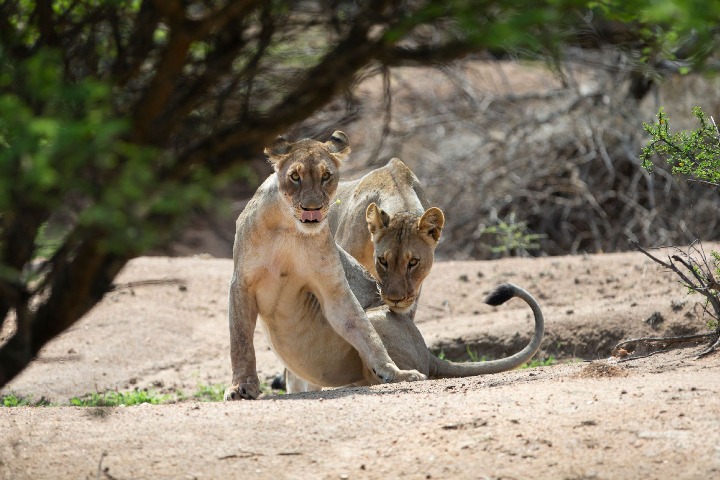To this end, around 2,000 African leaders, experts, interest groups and concerned organizations gathered in Kigali, Rwanda, this week to discuss the impact of climate change during the inaugural Africa Protected Areas Congress or APAC.
The conference looked at funding for climate action, among other challenges that are hurting around 8,600 protected areas on the continent which has 25 percent of the world’s biodiversity. The delegates participating in the six-day conference that kicked off on Monday stressed on sustainable biodiversity conservation.
While addressing the delegates, Edouard Ngirente, Rwanda’s prime minister, said that Africa is rich in biodiversity and must therefore spare no effort in protecting and conserving it. He added that from different green initiatives, Rwanda has achieved its target of ensuring more than 30 percent of national forest cover.
“Given the huge social and economic benefits of protected and conserved areas, it is my conviction that Africa Protected Areas Congress will chart pathways towards resilient and sustainable conservation of our biodiversity for our economies’ transformation,” Ngirente said.
“As human beings, we all depend on a safe, clean, healthy and sustainable environment to survive. It is therefore of mutual benefit that the ecosystem is taken care of because consequences of not doing so are severe to human life,” he said.
Hailemariam Desalegn, former Ethiopia prime minister and the patron of APAC, said the colonial thinking of conservation was just to protect the wildlife so that one could watch them, but that concept has completely changed now.
READ MORE: Nairobi: African officials and scholars hailed the China-proposed Global Development Initiative
“I think for this, Rwanda is a good example. Community ownership and livelihood issue has been at the center of all the conservation work in Rwanda, something other African countries can follow,” Desalegn said.
He added that the first APAC meeting should include, among other things, discussions on community involvement.
“This conference should focus on the community issue of conservation that makes it sustainable for the future of the globe. If the community does not own it, the destruction and degradation will continue,” Desalegn said.
According to Kaddu Sebunya, the chief executive officer at African Wildlife Foundation, the congress has offered the continent with a golden opportunity to reset and recalibrate mindsets toward sustainable avenues that will ensure the wellbeing of wildlife while their habitats are safeguarded.
READ MORE: Monkeypox declared an international emergency –World Health Organization
“Africa faces the challenge of economic transformation in a world that is aware that the current model of prosperity is reaching its ecological limits,” Sebunya said. “To be successful in beating extinction and postponing its inevitability, we will need strong alliances that bring different sectors together if we are to overcome the challenges of wildlife protection and conservation to save the future of our planet.”
Sebunya said that according to the World Bank, by 2100, climate change alone can cause the loss of over half of Africa’s bird and mammal species. It can also trigger a 20 to 30 percent decline in plant and animal life and a significant loss of plant species.
